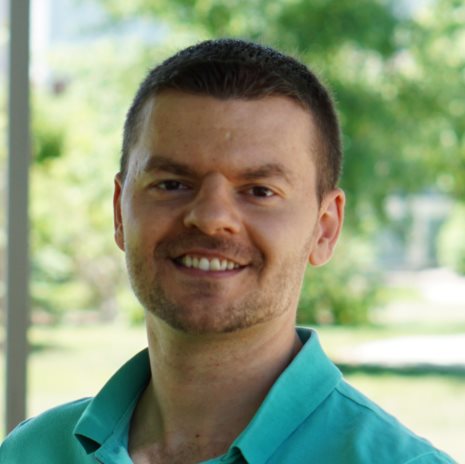I’m not the best at anything and that’s a strength.
Aspiring to be the best kept me from getting things that mattered done.
Exceptionalism comes at a cost. Perfectionism leads to procrastination — which often leads to giving up. The cost is not worth it.
The challenge is to differentiate the top 1% from the top 20% in the skill that you’re learning.
When it comes to learning a skill, I ask — what does being in the top 20% look like in that skill? I set goals based on that.
Inching closer to the top 1% will automatically happen when you’re stacking skills.
Here are a few examples from my life where reaching for the top 20% worked out well.
Switching careers
It took me about six months of study and practice before I was paid to do software development.
My goal was clear — get good enough and get a job in the industry.
I’ve seen posts where people are self-studying full-time for three or more years before applying for jobs.
Linus Torvalds, Bill Gates, Mark Zuckberg are the top 1%. You don’t need to be in the top 1% to be a good developer.
I fell into the same trap and only started applying for jobs when a few developer friends urged me to.
And you know what? I wasn’t fully ready. I wasn’t even in the top 20% of a software developer.
It didn’t matter — the goal was to start my career. Starting meant getting paid to be a software developer and learning on the job.
Most of my interviews were rejections. It was a numbers game and eventually, I had an offer in my hand.
Had I continued to reach for the stars and mistake the top 1% for the top 20%, I’d still be hoping to break into the industry.
Certifications
It took me 3 months between studying and taking the PMP (Project Management Professional) exam.
I read stories of people taking years to study just to take the first test. I’m not smarter than they are. They are prematurely aiming to be the top 1%.
My primary goal was to pass the exam — not become the top 1% project manager. I didn’t have to be the best and instead focused on studying materials that would help me pass the exam and get me closer to real-world project management.
The prep materials and the exam won’t teach you to be an effective project manager anyway. They’ll only give you a skeleton of project management. Real learning happens with on the job experience.
You can’t get to on the job experience if you are stuck trying to be the best test taker.
Writing
If I focused on becoming a top 1% writer, I’d give up writing.
I know this because I began blogging in 2014 and compared to today, I wrote sporadically. I put too much pressure on myself to succeed like the bloggers I looked up to.
I’m not Stephen King, John Grisham, or JK Rowling. They are the 1% of authors but they worked up to being the top 1%.
I gave myself permission to also work up to being a better writer rather than quitting because of perfectionism.
Some of my blog posts are short. Even though I proofread — some of them still contain grammatical errors.
The point is that they get written and published regularly.
That beats the hell out of not writing regularly.
Public Speaking
I went to Toastmasters to get better at public speaking and presenting.
I finished the speaking track of the program by giving over 40 presentations and it sharpened my speaking skills.
Even though the program had a service track to complete to get to the distinguished toastmaster level — I quit.
My goal was to become the top 20% speaker and not the top 1%.
When to aim for the top 1%
When I reach the top 20% competency in a skill and I feel a pull to continue working on it, I’ll give in and start inching towards the top 1% on that specific skill.
Procrastination is no longer there because the skill is now a strength and I’m in the zone while working to improve it further. It’s enjoyable.
